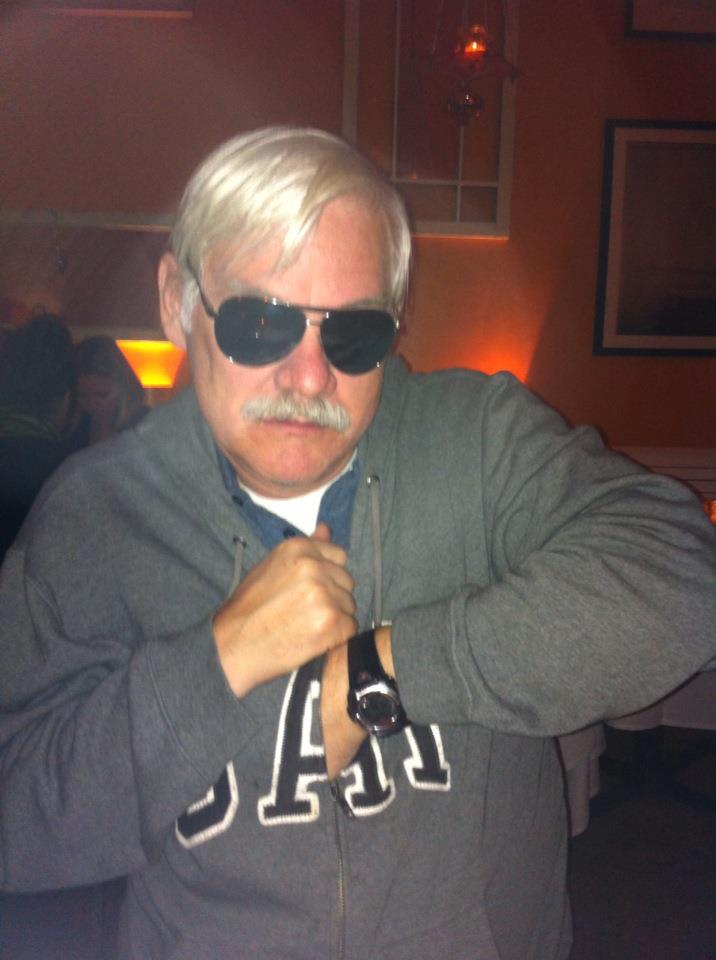At that same time, in November, 2002, the Bush administration decided to replace their Cuban envoy to the American Interests Office, Vicky Huddleston, with James Cason. While Ms. Huddleston hated Cuba, she had no hidden agenda and was merely the caretaker of the US Office there. Mr. Cason, on the other hand, had a specific agenda and began to lay it out in detail on one of Cuba's national holidays, February 24, 2003.
In the private residence of a counter-revolutionary ringleader, Mr. Cason spoke at an impromptu press conference made up of foreign and independent journalists present, where he exclaimed: "the revolution towards democracy is underway, and we want you to know you are not alone, that the whole world supports you." He told them that he wasn't afraid that his statement might be viewed as an overt US approval for armed rebellion against the government of Cuba. Such open declarations to the press under US puppet Batista in the 1950s would have meant instant arrest and imprisonment.
Mr. Cason went on to state that he was going to embark on a 6,000-mile journey around the island to drum up any and all local support for the revolution he spoke of. He met with groups of balseros, or rafters, those who fled to the US by boat, but were subsequently returned to Cuba. He wanted to encourage them to organize and tell others that there was plenty of support for their cause beyond the island's borders.
By the night of March 14, the Cuban government had sufficient probable cause that Mr. Cason was fomenting a military intervention among the counter-revolutionaries of the island. At that time, the US had still not played its cards against Iraq and the world was still waiting to see just how much ├ ??preemption├ ? Ł the US government was going to dish out and against whom. The Cuban government was very worried that a second invasion, this one on the island of Cuba, was to be included in the plan at the last minute to spearhead a global military action on the so-called ├ ??War on Terror.├ ? Ł
On March 18, less than 24 hours before the first bombs fell on Baghdad, 77 dissidents were rounded up and incarcerated. Their subsequent convictions gave long prison sentences to many of them under Cuban law 88. The law calls for seven to 15 years' imprisonment for passing information, whether true or false, to the United States that could be used to bolster anti-Cuban measures such as the US economic blockade.
(Note: You can view every article as one long page if you sign up as an Advocate Member, or higher).





